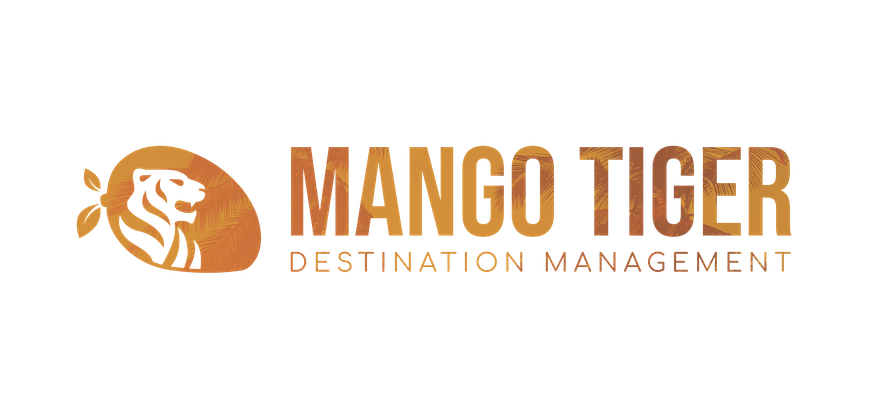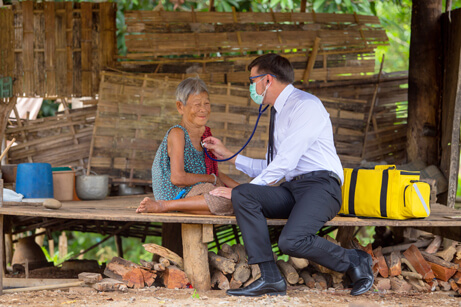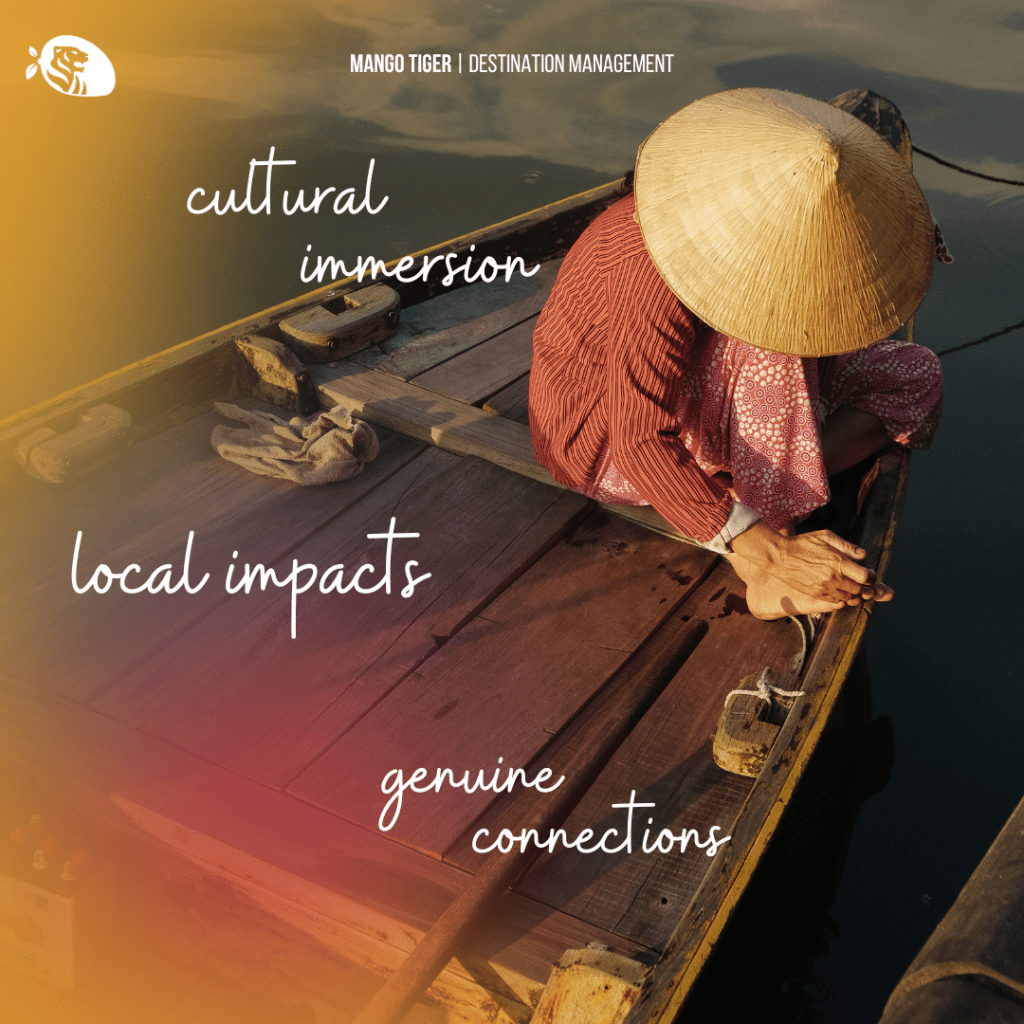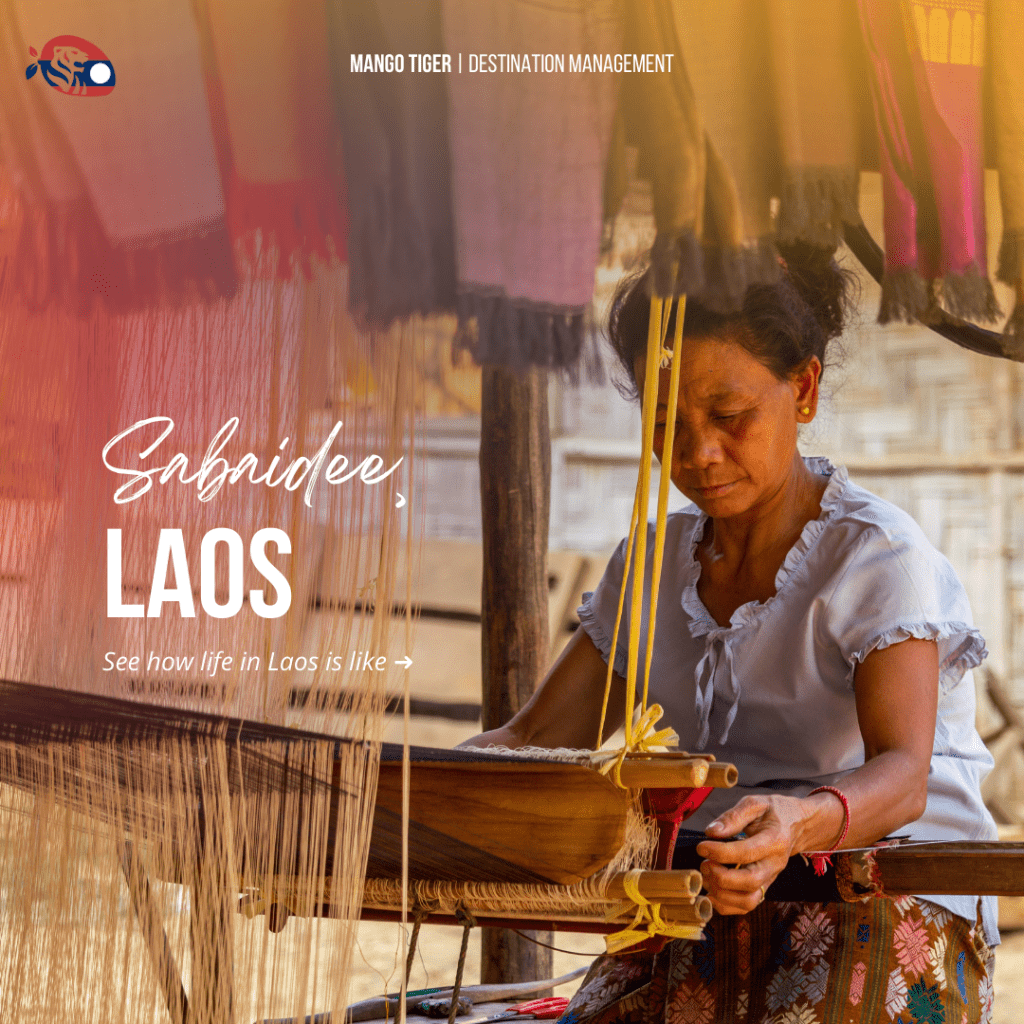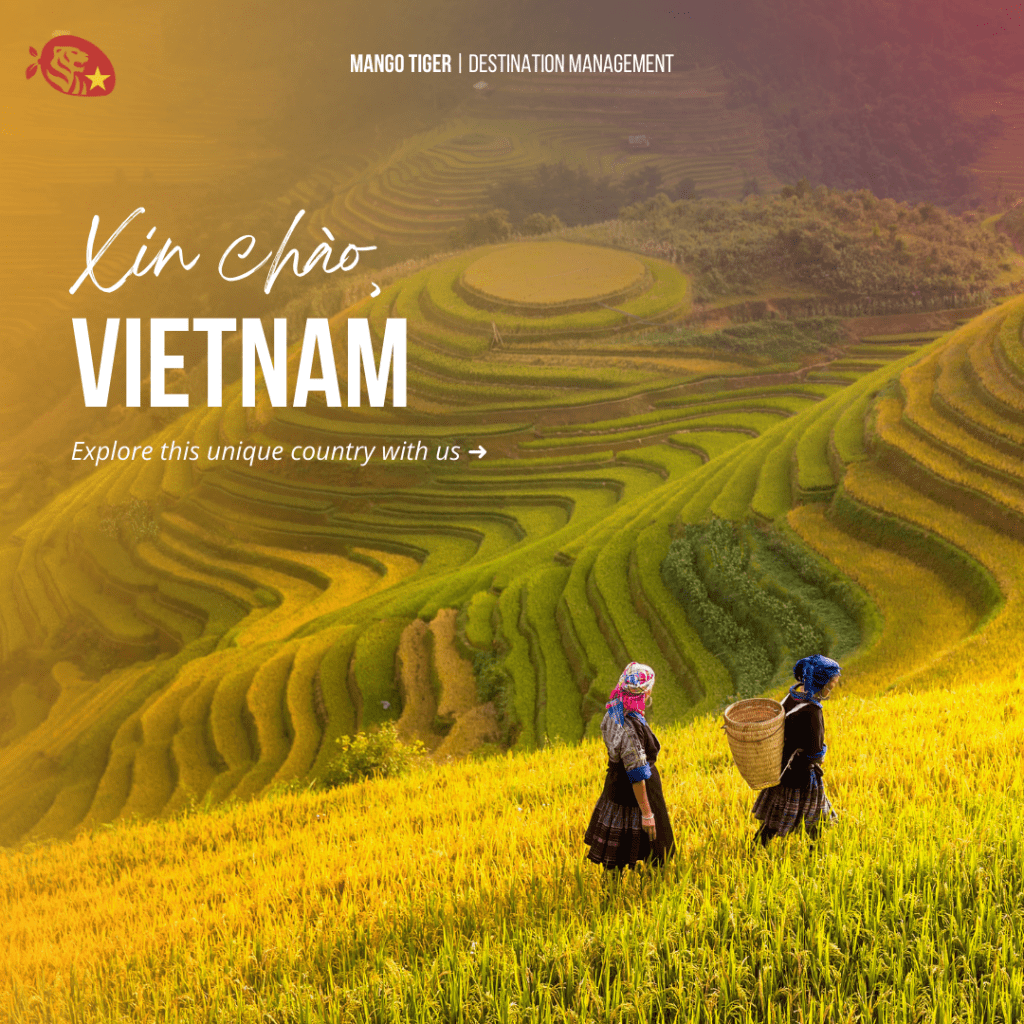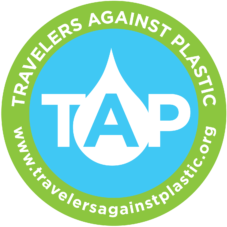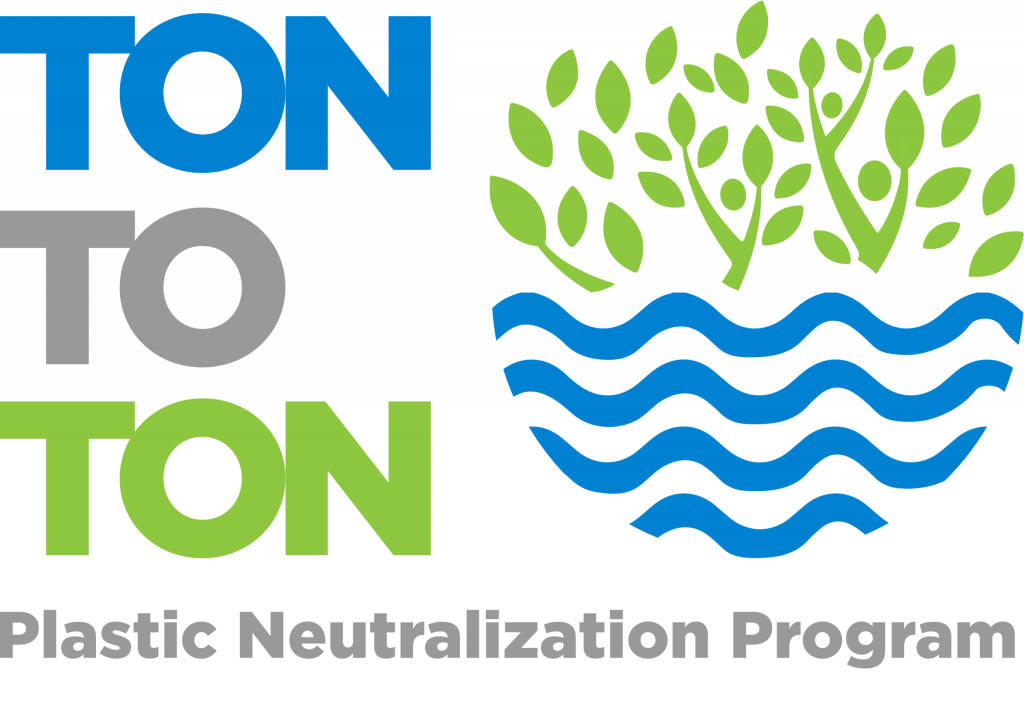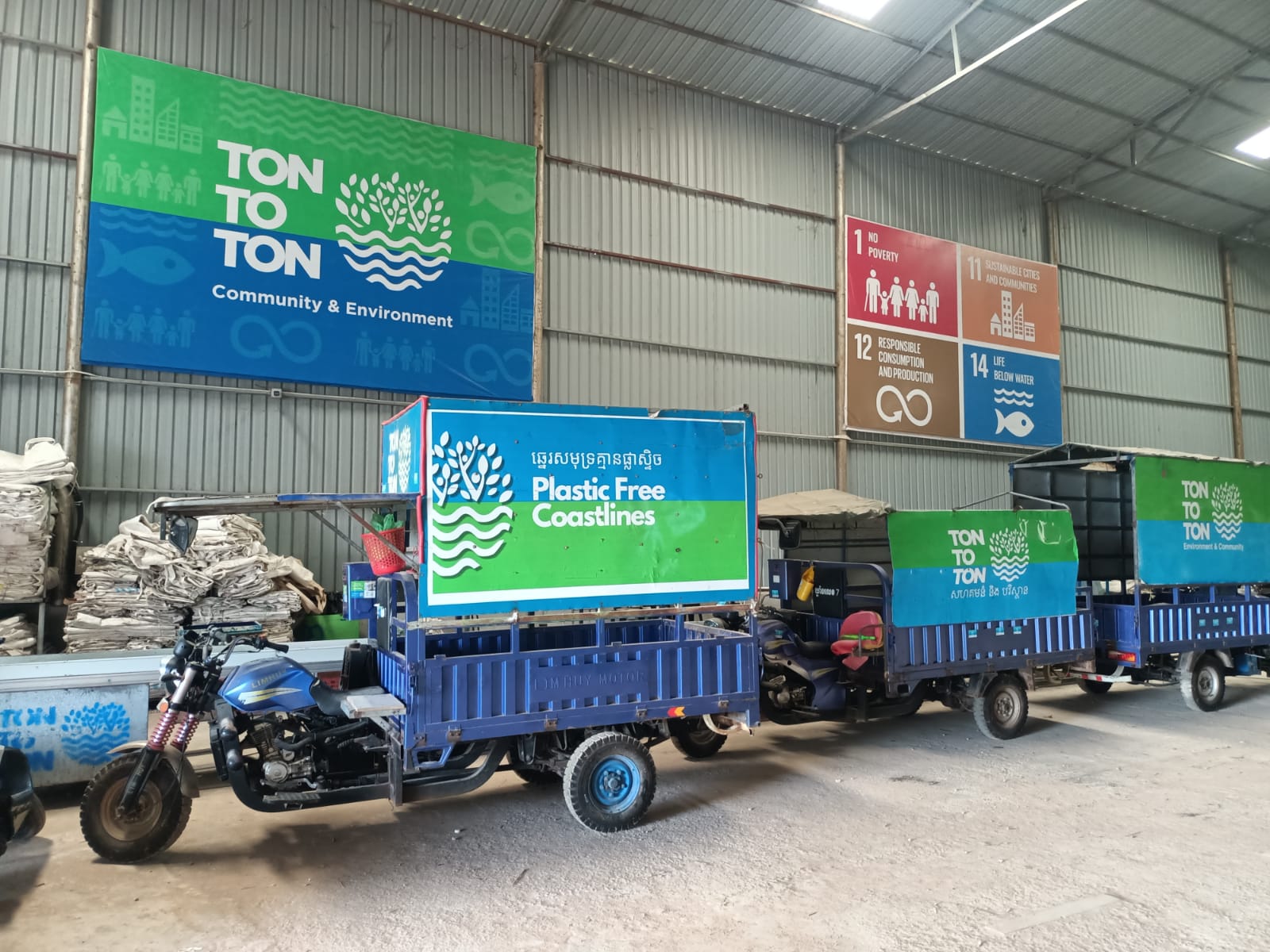
We recognize the importance of operating under ethical and sustainable practices. As an Impact-driven destination management company, we are committed to continuously refining our processes to minimise our environmental impact and promote sustainability. To achieve this we have set our goals and policy in support of the UN’s Sustainable Development Goals.
The Sustainable Development Goals or global goals are a collection of 17 interlinked global goals designed to be a “blueprint to achieve a better and more sustainable future for all”. The SDGs were set in 2015 by the United Nations General Assembly and are intended to be achieved by the year 2030.
Sustainable Procurement is defined as:
“A process whereby organisations meet their needs for goods, services, works and utilities in a way that achieves value for money on a whole life basis in terms of generating benefits not only to the organisation but also to society and the economy, whilst minimising damage to the environment.”
This definition is based on three pillars of sustainability: Environmental, Social and Economic.
The health of each pillar depends on the other two, meaning that all three must be considered in unison to achieve sustainable outcomes.
Environmental
Seeking to minimise any negative environmental impacts of our services rendered across the whole life cycle from development to execution.
Social
Managing and monitoring networks to ensure that fair prices and terms are applied. Followed that ethical, human rights and employment standards as expressed in both the International Labour Organisation (ILO)’s and the world trade organisation fundamental conventions are met
Economic
This principle relates not only to obtaining monetary value from our contracts, across the whole life of our services, but to also ensuring local businesses and communities can benefit from involvement with Mango Tiger. Championing our local suppliers and assisting them to create their own businesses and projects that can help create social mobility.
The Mango Tiger Pillar Initiatives:
Mango Tiger commits to championing the local suppliers communities and individuals we are fortunate enough to work with. We support initiatives that we believe can directly help local people. Examples of this would be helping families start homestays in Cambodia that we use for our Tuk Tuk tour. The families come from agricultural backgrounds but we can send business through them, and in turn they become their own business owners working with multiple companies and travellers. By supporting local businesses, especially in more rural, less visited areas, we have seen local homestay owners in Vietnam and beyond benefit directly economically from our cooperation.
Tips for your customers to be Sustainable and Ethically aware:
Buy Local
Look to buy from local businesses, markets and shops as opposed to supermarket chains and shopping malls where possible.
Bartering & Haggling
In many countries we operate in, it’s accepted and sometimes local culture to barter for the price of some goods. However, don’t be too pushy and take it too far.
Plastic
Perhaps the biggest issue facing developing countries and Asia in particular. Needless to say, never throw litter on the floor or in the ocean!! It’s not right for anyone to do in any circumstance. If you can’t find a bin, then hang on to it until you do. As travellers we all have a responsibility in this area. Often in Asia convenience stores (I’m looking at you seven/eleven and others) give way too much excess plastic packaging, plastic straws and other plastic that you don’t need. Try and avoid unless you really need it, it’s fine to hand them back their plastic.
Tipping
While tipping isn’t a common thing in Asia, it’s a decent thing to do. For small locally owned or independent business a little can make a big difference.
Elephant Riding & Animal Welfare
Don’t ride elephants, it goes without saying. There are plenty of great Elephant sanctuaries that are committed to supporting Elephant welfare. Mango Tiger works with a number of them across Asia. If you want recommendations on what’s ethical and what’s not, please contact us. Regarding animal welfare in general, avoid any visits to the Tiger Temple or any ‘attraction’ that involves animals outside of their natural habitats.
Refillable Water Bottles
Get your hands on a refillable water bottle. There are now plenty of refill stations and the number is growing. Think about your plastic consumption and how best to avoid it.
Orphanages & Orphanage Tourism
While there are no doubt some legitimate organisations out there removing the demand by not visiting them will reduce the supply. A better alternative is to support ethical restaurants or local businesses that provide teaching and training to underprivileged kids so that they can learn skills. Friends restaurant in Phnom Penh in Cambodia is a great example.
Education
